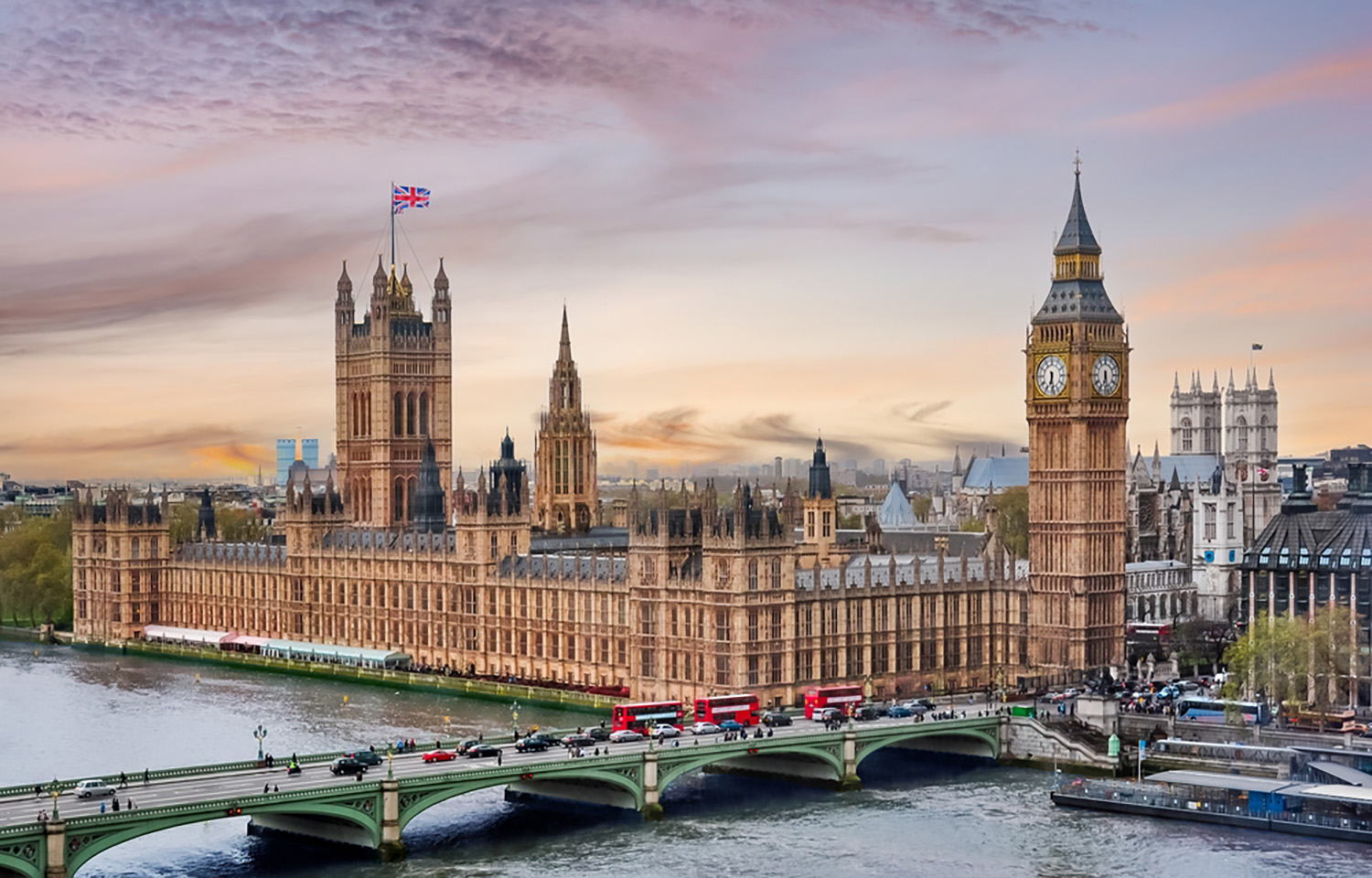On 4 July, U.K. citizens will elect members of parliament (MPs) and their respective political parties to the House of Commons.
With the BBC projecting a change in leadership away from the Conservative Party, many industries across the nation, including the seafood sector, are bracing for changes.
The current government, led by U.K. Prime Minister Rishi Sunak, has promised, if elected again, to champion the fishing sector by building long-term sustainability and growing coastal businesses “from Shetland to Cornwall.” The party’s 2024 manifesto also claims that the Conservative government has secured 2024 quotas worth over GBP 970 million (USD 1.2 billion, EUR 1.1 billion) for U.K. fishermen.
“We will go further to seek additional opportunities for our inshore fleet in the 2026 negotiations and ensure inshore voices are better heard by their representative bodies,” the Conservative Party said.
The party’s other key promise is to maintain the momentum gained with the GBP 100 million (USD 126.5 million, EUR 118.1 million) UK Seafood Fund, advising the funds would be best used to invest in harbor and fish market upgrades, provide new equipment and technology for fish processing, and support a growing aquaculture sector.
“We will particularly concentrate funding on small- and medium-sized businesses and the inshore fishing fleet. Recognizing competing pressure on marine space, we will also seek opportunities to back the inshore fleet when making marine planning decisions,” the party said.
While not specific to seafood, the Conservatives also promise to build new trade links, with the party's manifesto highlighting the U.K. is now the fourth-biggest exporter in the world by value, jumping over France, the Netherlands, and Japan by hauling in GBP 850 billion (USD 1.1 trillion, EUR 1 trillion) in export value last year.
The Conservatives’ main opposition, the Labour Party, led by Keir Starmer, insists the upcoming election is about “change” and “turning the page” on 14 years of Conservative government.
While making no direct reference to fisheries or the wider seafood economy, its manifesto highlights the party will create a new GBP 7.3 billion (USD 9.2 billion, EUR 8.6 billion) National Wealth Fund to deliver transformative investments throughout the country. Included in the fund’s outline is an allocation of GBP 1.8 billion (USD 2.3 billion, EUR 2.1 billion) to upgrade ports and build supply chains across the U.K.
Though ensuring the U.K. remains independent and does not seek reunification with the E.U., the manifesto also promises to “use every lever available to get U.K. business the access it needs to international markets.”
To accomplish this, the Labour Party says it will lead international discussions to modernize trade rules and agreements so they work better for the country, promoting enhanced trade and cooperation, including through the World Trade Organization (WTO) and the Comprehensive and Progressive Agreement for Trans-Pacific Partnership (CPTPP).
“We will reset the relationship and seek to deepen ties with our European friends, neighbors, and allies. That does not mean reopening the divisions of the past. There will be no return to the single market, the Customs Union, or freedom of movement. Instead, Labour will work to improve the U.K.’s trade and investment relationship with the E.U. by tearing down unnecessary barriers to trade.”
Liberal Democrats, led by Ed Davey, advise in their manifesto that they want to ensure sustainability “lies at the heart” of fisheries policy, rebuilding depleted fish stocks to achieve their former abundance, including a ban on bottom trawling in marine protected areas (MPAs).
The party insists that fishers, scientists, and conservationists should all be at the center of a decentralized and regionalized fisheries management system. Additionally, through the party’s strategy to tackle climate change, it says it wants to create “a real network” of MPAs, ensuring they are fully protected from damaging and destructive activities by protecting and restoring blue carbon and ensuring climate resilience at sea.
Regarding trade, the Liberal Democrats want to unlock British businesses’ global potential by breaking down trade barriers and building stronger future relationships with the country’s closest trading partners, including “by fixing our broken relationship with Europe.”
Similarly, if elected, the Green Party of England and Wales, co-led by Carla Denyer and Adrian Ramsay, commits to turning at least 30 percent of U.K. domestic waters into fully protected MPAs by 2030. According to its manifesto, it will also seek to ban all "destructive" fishing practices from those areas and other domestic waters.
“Green MPs will champion cooperation in achieving global sanctuary for all cetaceans, alongside active support for U.N. Charters and obligations under The Law of the Sea to protect against overfishing, pollution, climate impacts, and other threats,” the Green Party manifesto said. “Elected Greens will push for a ban on bottom trawling and other destructive fishing practices in MPAs and other waters, as well as for proper implementation and enforcement of relevant international legislation to protect deep-sea species.”
The party said it will also seek to rejoin the European Union as soon as the domestic political situation is favorable and E.U. member states are willing. As a first step toward full E.U. membership and to resolve “many of the worst problems resulting from Brexit,” it would look to join the Customs Union.
The Scottish National Party (SNP) also wants to return to the E.U. In its election manifesto, leader John Swinney outlined the party’s intention to push for Scottish independence.
Regarding the seafood sector, the SNP insists Conservatives’ post-Brexit trade agreement with the E.U. has created a ...








